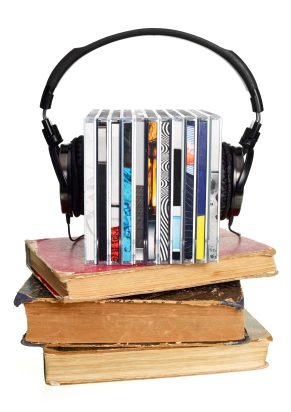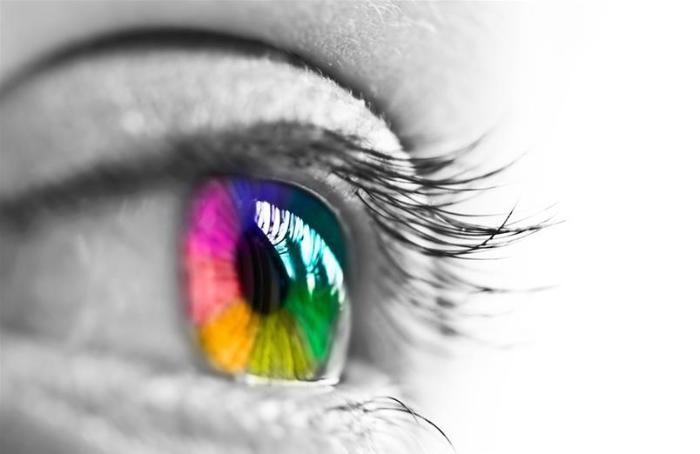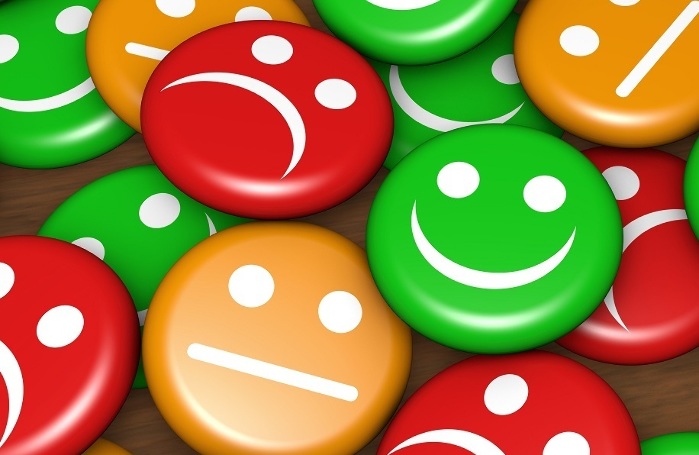Английская лексика по разным темам (глоссарии)




2) https://www.eslfast.com/kidsenglish3/ke3/ke3002.htm
Sally and her mom went shopping. They are looking for a chair. The mom sees a nice brown stool. It is of good quality. It will last forever. Sally thinks it is ugly though. She sees a pink plastic chair. She points at it. “Mom! Let’s get that one!” Her mom says no. Sally throws a fit. She knows she can get what she wants if she cries. She starts crying loudly. Other shoppers stare at Sally. Her mom gets embarrassed. She ends up buying the pink chair. At home, Sally sits on it. It quickly breaks. Sally is on the floor. She cries from the pain.
( Тетрадь Ebglish For Chilsren )
3)
4)
5)
https://www.englishdom.com/blog/glagoly-sostoyaniya-v-anglijskom-yazyke/
В английском языке существуют глаголы, которые не употребляются во временах группы Continuous или длительного времени. Эти глаголы относятся к группе, которую мы называем Stative verbs или State verbs. Они обозначают не действие, а состояние или положение. Их еще часто называют non-continuous verbs, non-action verbs, non-progressive verbs.
Содержание статьи:
I like this book. – Мне нравится эта книга.
We understand the rule. – Мы понимаем это правило.
It costs $5. – Это стоит $5.
I know this woman. – Я знаю эту женщину.
Во всех этих предложениях мы говорим о факте. И, хотя информация актуальна на момент говорения, мы не подразумеваем процесс.

Итак, давайте приступим к более детальному разбору этих глаголов.
Список глаголов состояния довольно обширный, но его можно разделить на 6 основных групп.

Все эти глаголы заучивать наизусть совсем не обязательно, достаточно запомнить на какие группы они разделяются и этого будет достаточно. Нужно лишь научиться видеть разницу между глаголом состояния и глаголов действия. Главное помнить, что state verbs не обозначают физические действия.
Давайте на примере нескольких глаголов, научимся различать к какой группе они относятся — active verbs or state verbs:
I see a woman in an elegant suit. – Я вижу женщину в элегантном костюме.
He’s seeing his parents after work. – Он встречается с родителями после работы.

Итак, глагол see в значении «видеть» (глагол физического восприятия) является глаголом состояния и не используется в длительном времени, но в значении «встречаться» с кем-нибудь или провожать кого-то see somebody off очень даже может.
Давайте рассмотрим другие примеры, когда один и тот же глагол может использоваться как active, так и state verb.
Smell (иметь запах) – stative verb.
Smell (нюхать) – active verb.
This plate smells good. – Это блюдо пахнет хорошо.
I am smelling the flower. – Я нюхаю цветок.
Taste (быть на вкус) – stative verb.
Taste (пробовать) – active verb.
The salad tastes good. – Салат хорош на вкус.
I am tasting the salad. – Я пробую салат.
Feel (быть на ощупь) – stative verb.
Feel (чувствовать) – чаще всего употребляется как stative verb, но встречаются и исключения.
Feel (трогать, щупать) – action verb.
The baby’s skin feels like silk. – Кожа ребенка на ощупь как шелк.
I feel happy. – Я чувствую себя счастливым.
Tom is feeling the dog’s nose. – Том трогает нос собаки.
Look (выглядеть/казаться) – state verb.
Look (смотреть/выглядывать/просматривать) – action verb.
It looks as if Molly has finished the essay. – Кажется, что Молли закончила эссе.
Molly is looking out of the window. – Молли выглядывает/смотрит из окна.
Molly is looking through the newspaper. – Молли просматривает газету.
Admire (восхищаться) – stative.
Admire (любоваться) – action.
I admire Sam’s talent. – Я восхищаюсь талантом Сэма.
I’m admiring the night sky. – Я любуюсь ночным небом.
Enjoy (наслаждаться в целом) – stative.
Enjoy (наслаждаться в конкретной ситуации) – action.
I enjoy comedy. – Мне нравится комедия.
I am enjoying the film. – Я наслаждаюсь (конкретно этим) фильмом.
Think (of) – думать/иметь мнение – state verb.
Think – думать/ верить – state verb.
Think – думать/размышлять/продумывать возможности – action verb.
I think you are right. – Я думаю, что ты прав (это мое мнение).
I’m thinking about our trip to Spain. – Я думаю о нашей поездке в Испанию. (я еще думаю).
Have (иметь) – stative verb.
Have в составе выражения имеет значения active verb:
We have a big house in the suburbs. – У нас большой дом на окраине города.
I’m having lunch, so I’ll call you later. – Сейчас я обедаю, так что перезвоню позже.
Fit (подходить по размеру) – stative verb.
Fit (подгонять/прилаживать) – active verb.

This skirt fits well. – Эта юбка отлично подходит по размеру.
I can’t fit the handle to the broom. – Я не могу приладить ручку к метле.
Appear (казаться) – stative verb.
Appear (принимать участие) – action verb.
Tim appears to be very sad. – Тим кажется очень грустным.
Тim is appearing in the next competitions. – Том примет участие в следующих соревнованиях.
Weigh (весить) – stative verb.
Weigh (взвешивать) – active verb.
The baby weighs 10 kilos. – Ребенок весит 10 кг.
I am weighing the baby. – Я взвешиваю ребенка.
Глагол to be тоже может употребляться во временах группы Continuous, но только при определенном ограничении: он будет использоваться для передачи временного состояния или поведения. Например:
He is lazy. – Он ленивый (это его характеристика).
He is being lazy. – Он сегодня ленится. Вообще он не ленивый.
И самое интересное. Большинство глаголов состояния можно использовать во времени Continuous для выражения ярких положительных или отрицательных эмоции или особого отношения. Такие грамматические структуры часто встречаются в песнях.
I’m loving you. – Я так тебя люблю!
I’m hating the way you treat me. – Мне ужасно не нравится, как ты относишься ко мне.
I’m needing you, don’t leave! – Ты мне очень нужна, не уходи!
Глаголы состояния (State Verbs) могут показаться сложной темой, хотя не стоит переживать, если сразу не поймете ее полностью и не запомните всех глаголов и разницы в их значениях. Главное больше читать тексты в оригинале и практиковаться.

Для последнего предлагаем выполнить небольшое задание и проверить себя. Раскройте скобки и поставьте глагол в нужную форму: Simple or Continuous.
1. I ________ this flavor. (like)
2. I ________ fine. (feel)
3. I _________ your dad tomorrow. (see)
4. I called her because I ________ to talk. (need)
5. I __________ that he is innocent. (believe)
6. I __________ his motives. (understand)
7. I __________ what you mean. (see)
8. I __________ her immediately. (recognize)
9. The meat __________ bad. (smell)
10. He __________ 72 kilos. (weigh)
2) https://s-english.ru/uprazhneniya/state-verbs-action-verbs
3) http://grammar-tei.com/uprazhneniya-na-glagoly-ne-upotreblyayushhiesya-v-continuous/
4) http://englishinn.ru/state-and-activity-verbs-uprazhneniya.html
5) https://puzzle-english.com/level-test/state-action-verbs
6) https://lingbase.com/ru/english/grammar/stative-verbs/exercises
7) http://engmaster.ru/exer/4095
8) https://www.perfect-english-grammar.com/stative-verbs-exercise.html
https://emilypost.com/advice/top-table-manners-for-kids/
https://www.youtube.com/watch?v=fdF5LAmhG2Y
https://www.rong-chang.com/kindergarten/k/kindergarten09.htm
| A: What do you have for lunch, David? B: I have a peanut butter and jelly sandwich. A: That sounds good. I have tuna. B: Tuna is good too, Daniel. A: I like jelly. Do you want to trade? B: Sure. I like tuna. A: This trade is good for both of us. B: Yes, it is. Thanks, Daniel. |